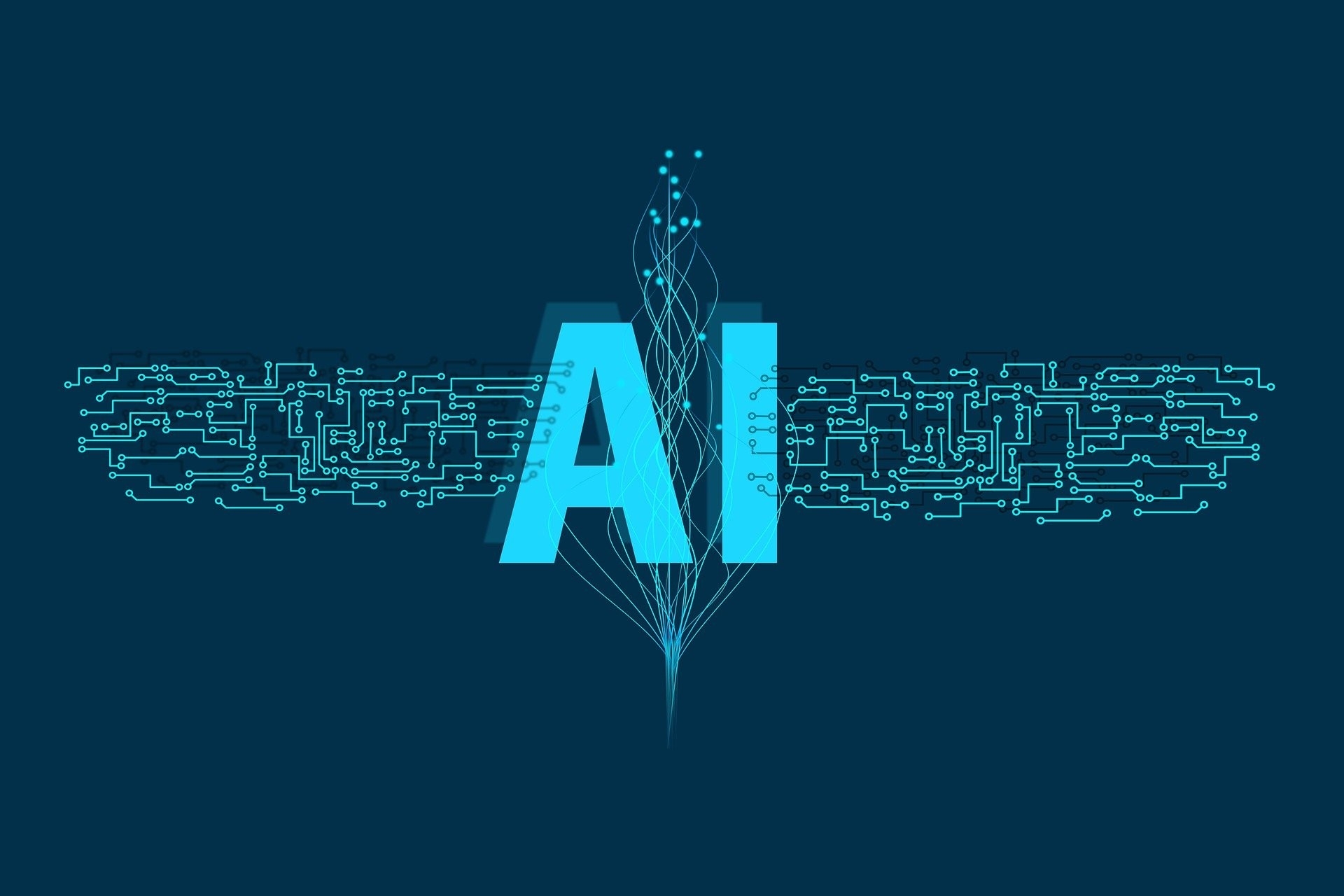The legal and ethical aspects of AI
 Photo by geralt on Pixabay
Photo by geralt on Pixabay
Let’s be honest. Not a lot of people or organizations like to talk about laws and regulations. Not everyone considers ethical discussions as something relevant on the professional day-to-day. There is still this feeling around legal and ethical aspects of… why would I need to care about them? Well, you may be surprised to see that there is one specific and very famous industry which is taking these topics seriously: We are talking about the promising data and artificial intelligence ecosystem.
How can a company use data and be compliant with local and international regulations? What happens if we use our clients’ data? What if our company operates in two different countries? Can I be legal and unethical (or vice versa), and how to be aware of it? Here is a sneak peek of the most important things to know in Canada in 2022.
1. Data privacy regulations are going wild all around the world… and that’s good news.
Really. The United Kingdom and the European Union started to lead the way between the 80s and the 90s. Canada adopted similar approaches at both federal and provincial levels, but it was not the case for other countries and regions… at least not immediately.
But now, news about new data privacy regulations come one after the other. Canada and Quebec, China, Saudi Arabia, even the United States of America (technically only California). The level of protection for individual data rights is increasing and that’s wonderful news for everyone, but it requires additional effort for companies to properly plan their data governance activities.
2. Companies are using clients’ data, even if they don’t implement Artifical Intelligence (AI) systems. They can get in serious trouble if they don’t analyze potential legal and ethical issues.
Europe’s GDPR forced organizations to find a new kind of resource to hire: the Chief Protection Officer. It was May 23, 2018, and companies rushed to hire some sort of unicorn that would understand legal aspects, value creation with data, and internal practices within the organizations.
Moreover, the modern notion of AI strategy (i.e. The building blocks required for companies to implement data-driven and AI systems) includes both legal and ethical considerations.
3. Canada is one of the leaders for ethical application of AI.
Indeed, Canada is not only a leader in AI development, but it is a conscious nation willing to make things properly. Some relevant examples are the Toronto and Montreal Declarations for the right to equality in machine learning, and the responsible development of AI.
Fortunately, this is a growing trend that is being supported by cities, countries, governments, and companies around the world. A fairly new area of research that will impact the potential outcome of commercial AI-enabled systems.
4. Ethics are catching up with regulations and Europe is leading the way.
Before now, all the regulations were focusing on data privacy, which means how companies are using data from their users, clients and employees. Some months ago, big news arrived from the other side of the Athlantic, because the European Parliament released a new proposal for an AI regulation with the goal of “laying down harmonised rules on artificial intelligence”.
This is the way at regulation-level to define what we can consider admissible or not, and it will impact not only European firms but any other international company operating in Europe. Times are certainly changing.
5. There is no place for unethical data and AI applications anymore.
Pressure is coming from all the fronts: governments, citizens, the media, AI researchers. More and more cases are being analyzed and denounced to find systems that generate more discritimation and that support systematic bias.
For example, the “racist” penitentiary tool in the US that over-penalized black and latino convicts just because of their origins, or the “macho” recruiting system at Amazon that gave worse hiring scores to women than to men, even if they may have better professional backgrounds.
Summarizing, technologies are great enablers for progress, but they need to be regulated and continuously escrutined. It is a new area of work and it requires specific skills, but opportunities are endless and companies are already looking for this kind of talent (e.g., AI ethicists, Data Protection Officers, etc.).
If you feel curious and want to learn more in just one morning, our lecturer Adrian Gonzalez Sanchez invites you to the upcoming “Exploring Legal and Ethical Aspects of AI” online workshop.